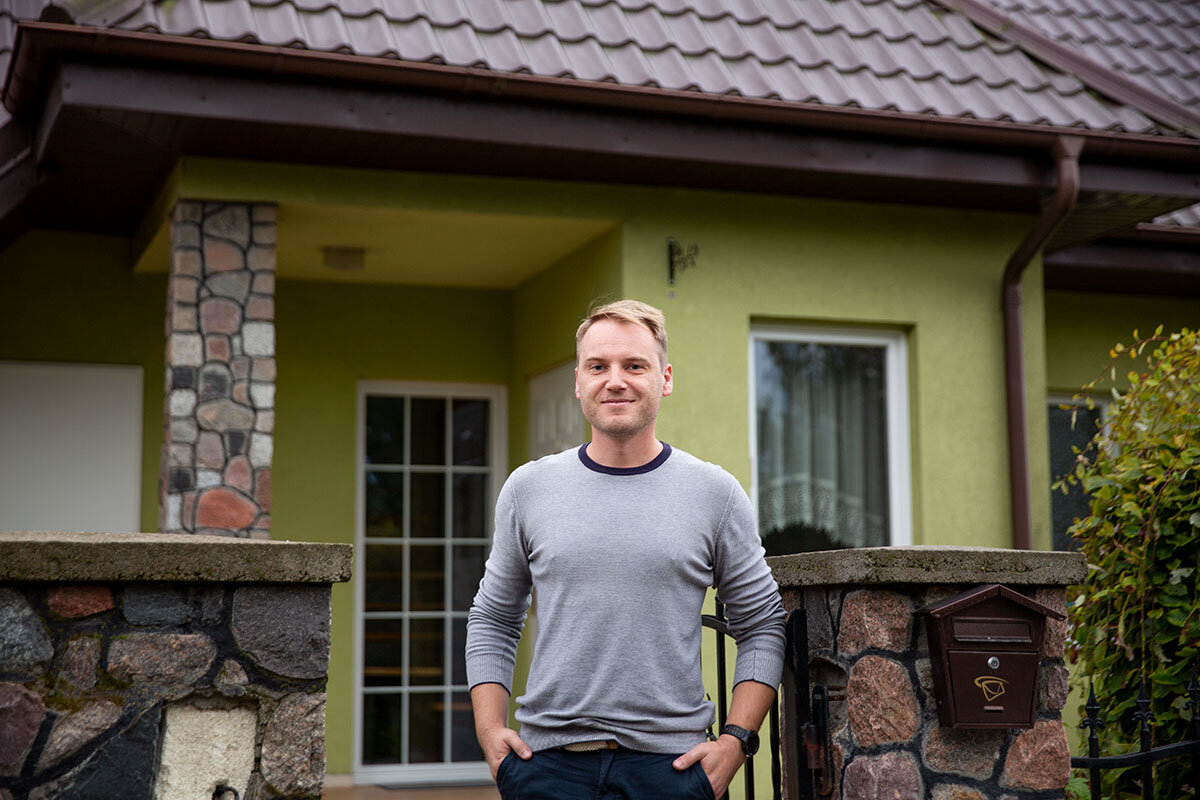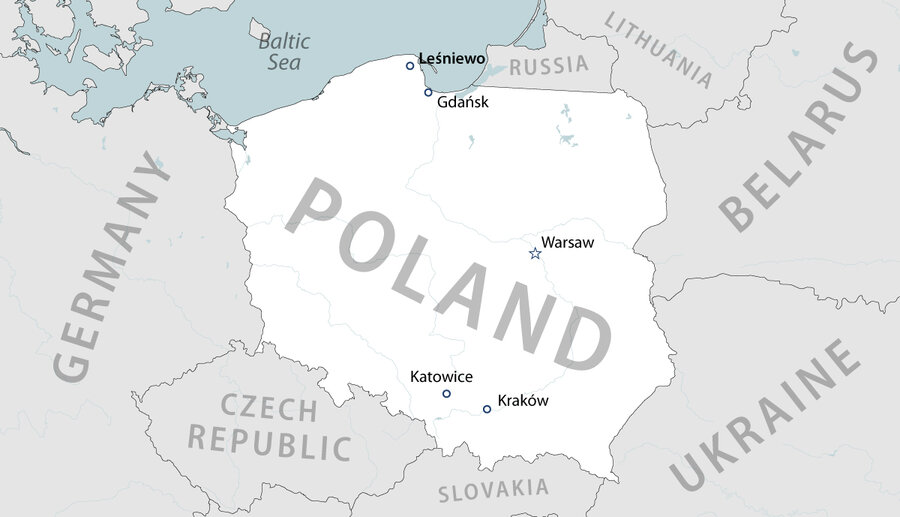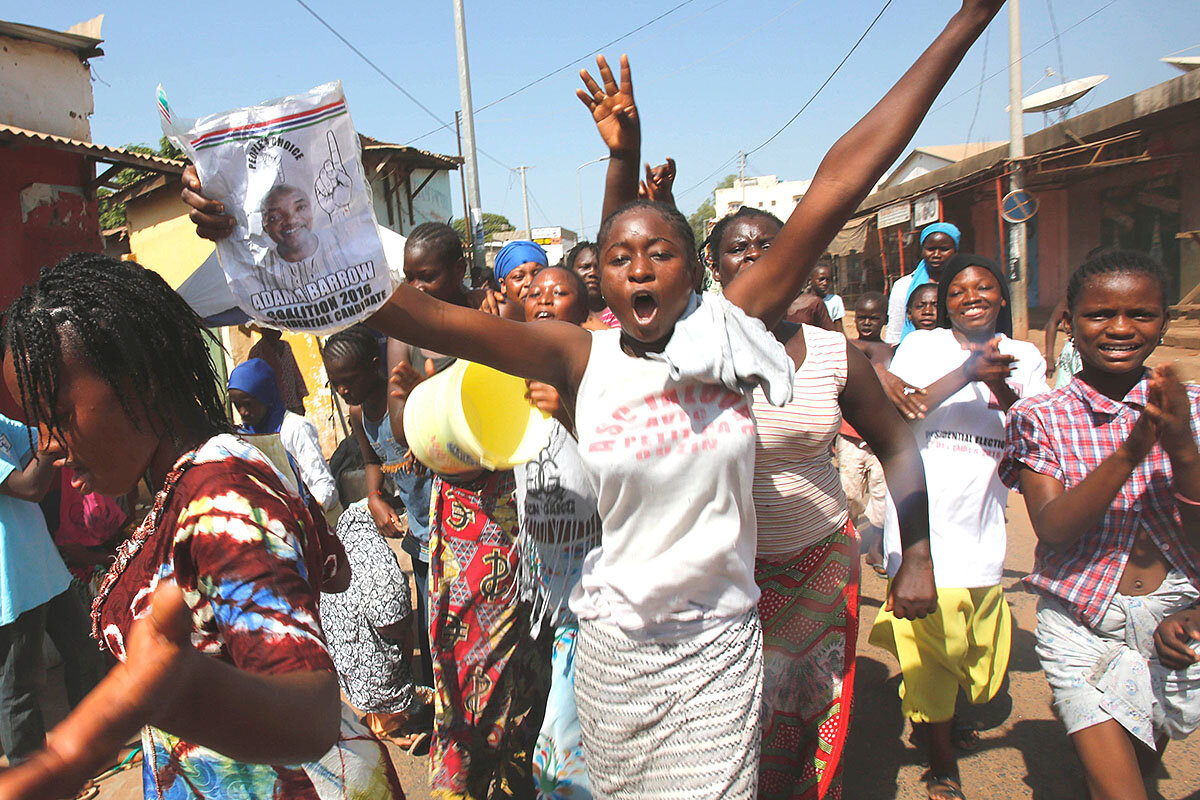In two leading democracies, citizens’ visions of core principles of government have diverged sharply. That’s undermining confidence, and helping to feed nationalism and populism.
Monitor Daily Podcast
- Follow us:
 Yvonne Zipp
Yvonne Zipp
Today, we look at diverging views of democracy, fairness in college admissions, LGBTQ rights in Poland, one country charting a path forward, and the equalizing effect of cafe culture.
One year ago, Jamal Khashoggi walked into the Saudi Consulate in Istanbul to pick up a marriage certificate. He never emerged.
The journalist’s murder by an assassination squad – and its blatant daylight circumstances – shocked the world.
U.S. intelligence agencies have determined that Saudi Crown Prince Mohammed bin Salman ordered the killing. He denies that and says he had no prior knowledge of the plan.
Howard LaFranchi, our senior foreign diplomacy reporter, reported on the murder and its aftermath. The big fear, at the time, he says, “was that Saudi Arabia was too important to pressure or ostracize, too important to sanction, for the United States and for the West. That has sadly turned out to be very much the case.”
Mourners attended a memorial in Istanbul Tuesday, including the United Nations’ special rapporteur on extrajudicial killings, a Yemeni Nobel laureate, and Jeff Bezos, owner of The Washington Post, where Mr. Khashoggi was a foreign affairs columnist and where the Saudi national often criticized the crown prince’s regime.
Howard describes the situation as a mixed picture. “When was the last time you saw this kind of recognition of a state killing of a journalist? On the other hand, it doesn’t seem that much really has changed.”
Mr. Khashoggi’s fiancée has not given up the fight.
“I take heart in something I heard often during my visit [to Washington]: Though little progress has been made until now, it does not have to remain this way,” Hatice Cengiz wrote in The Washington Post. “It’s not too late. I continue to hope the United States decides to stand for what is right. In the meantime, I will continue seeking justice for Jamal – and hope that people and governments the world over will join me in my quest.”











